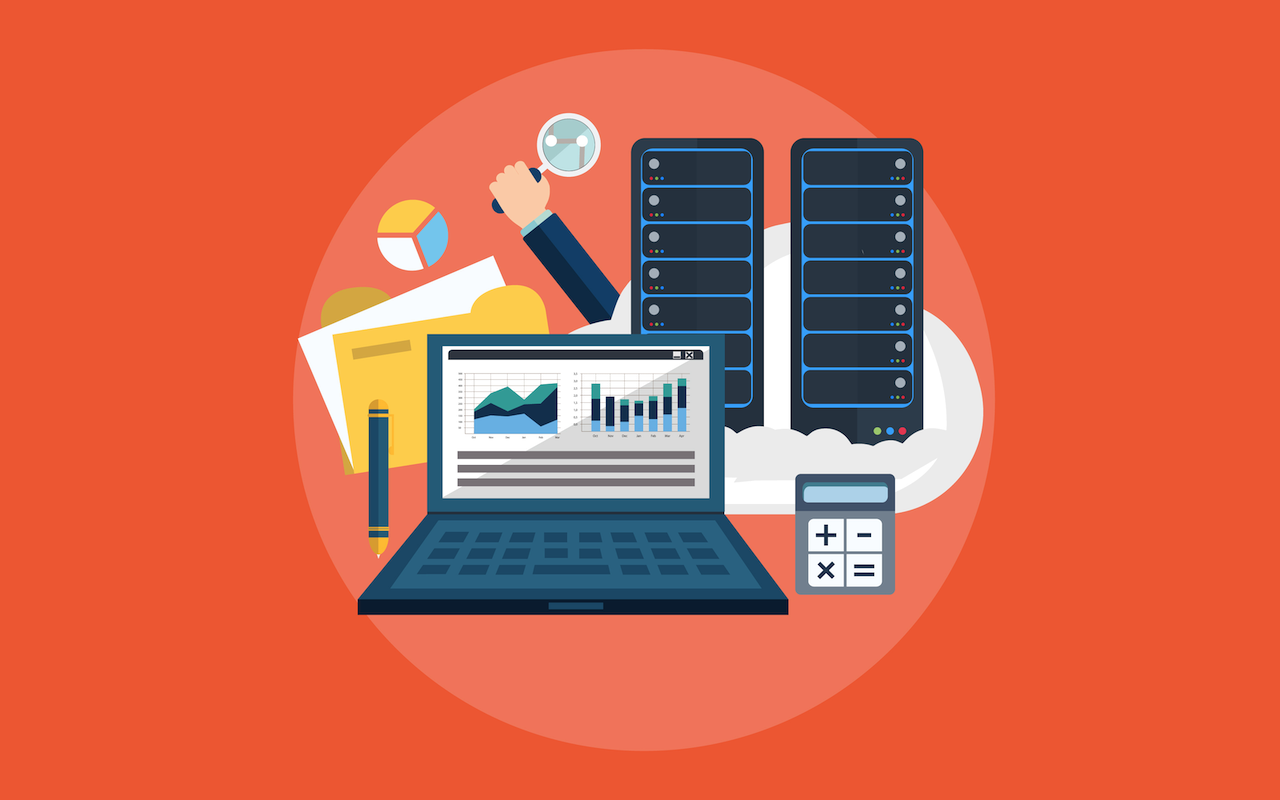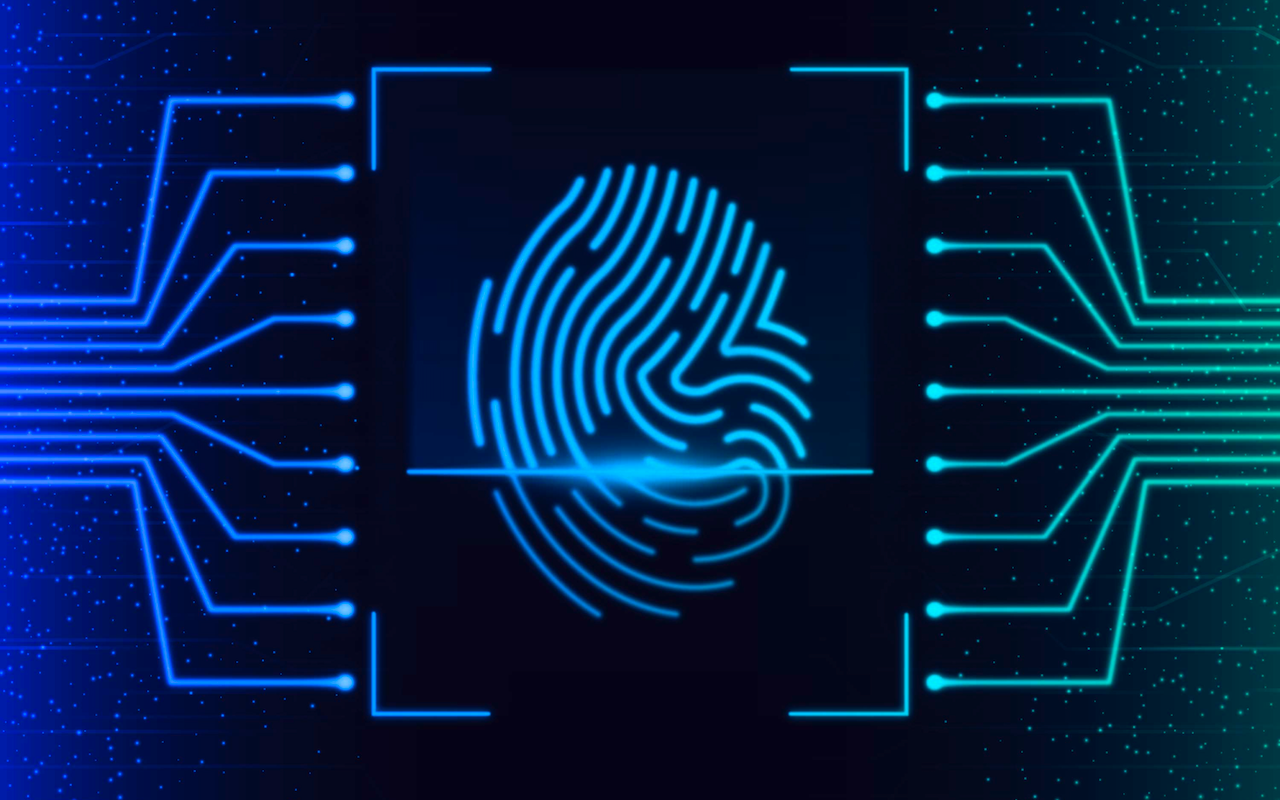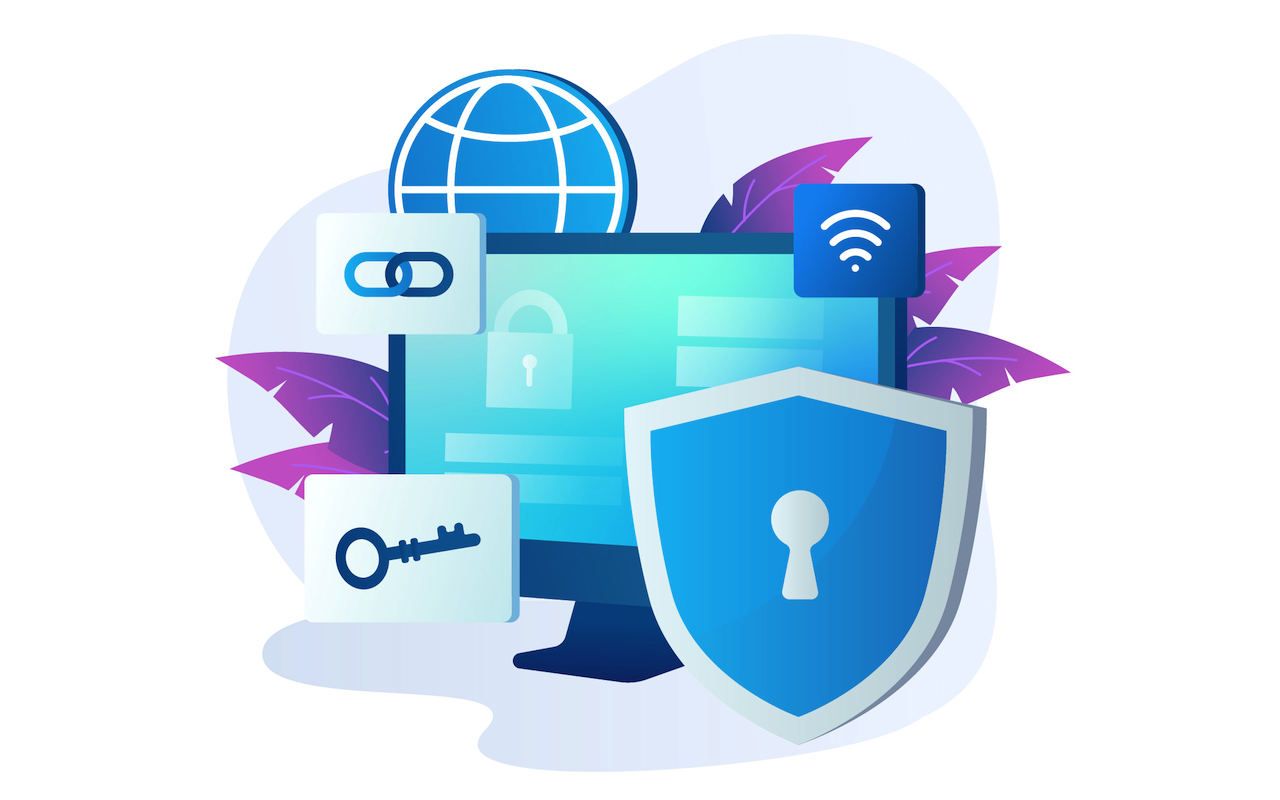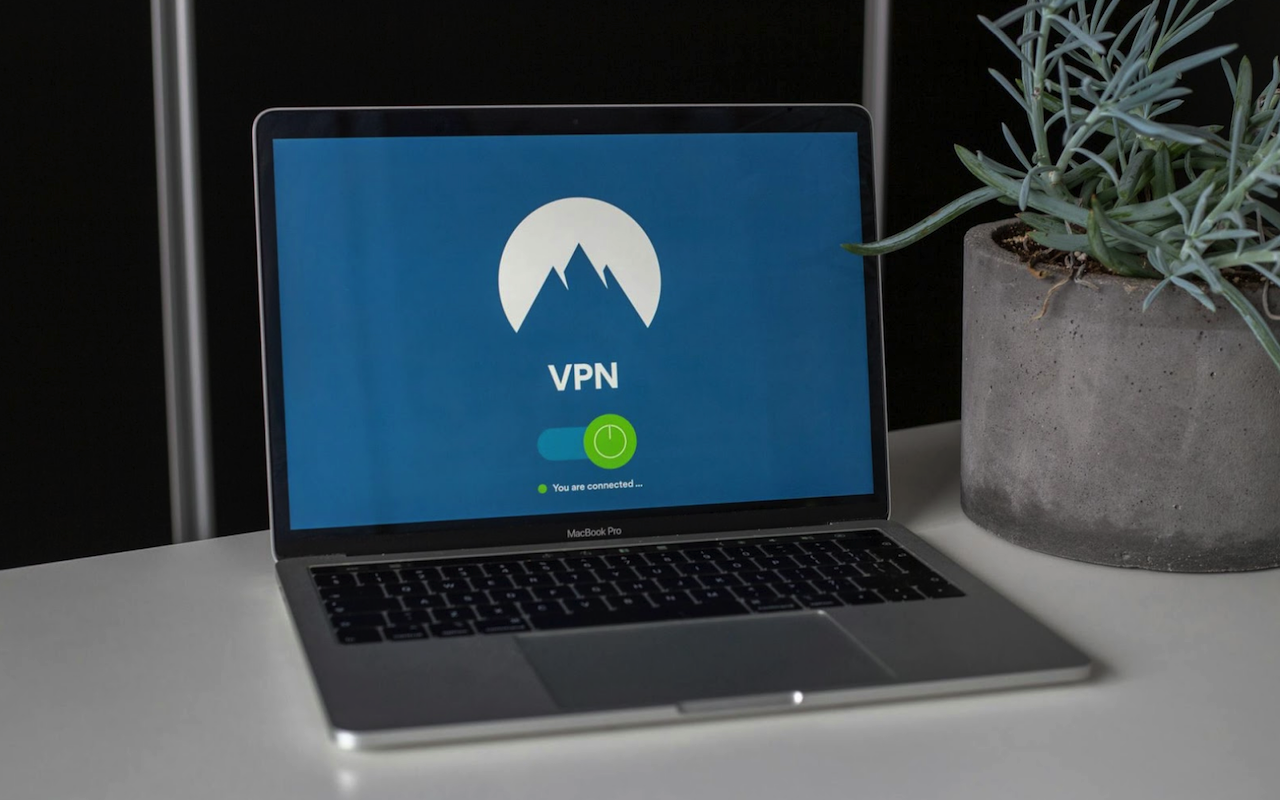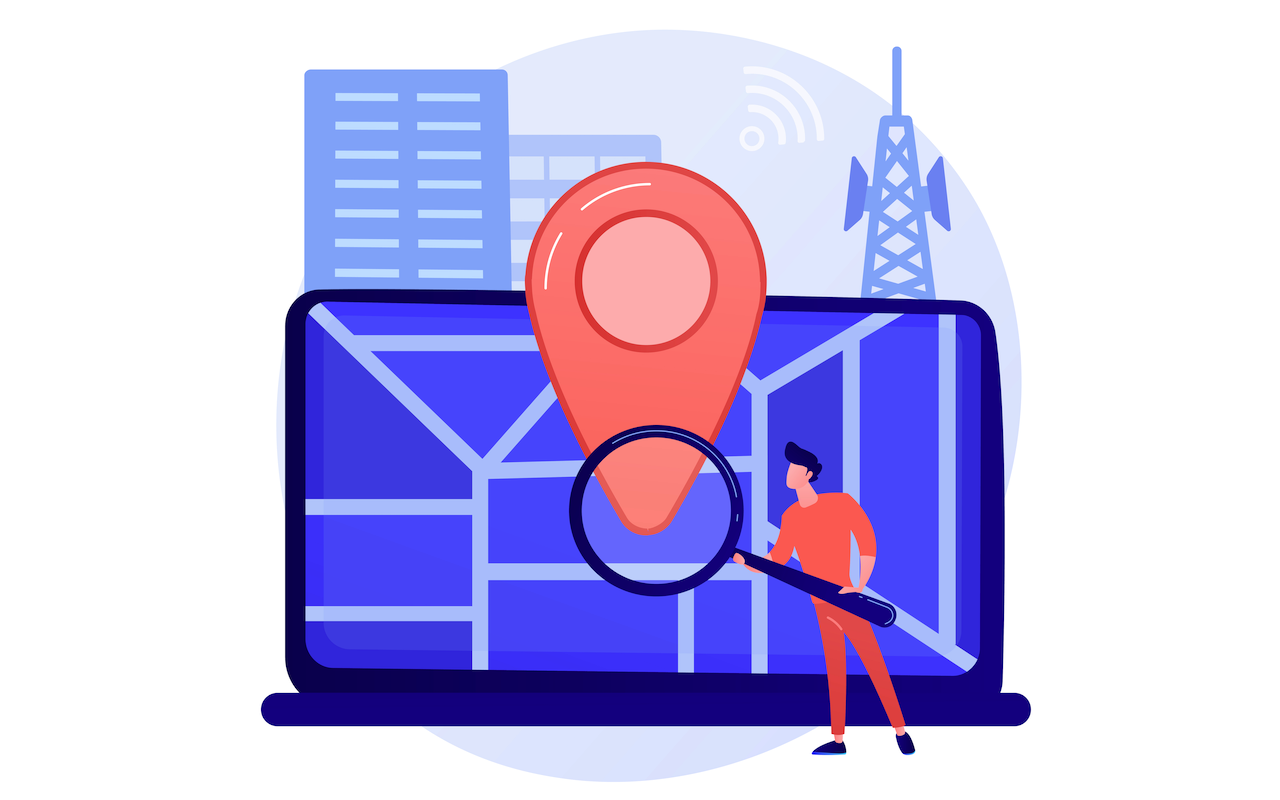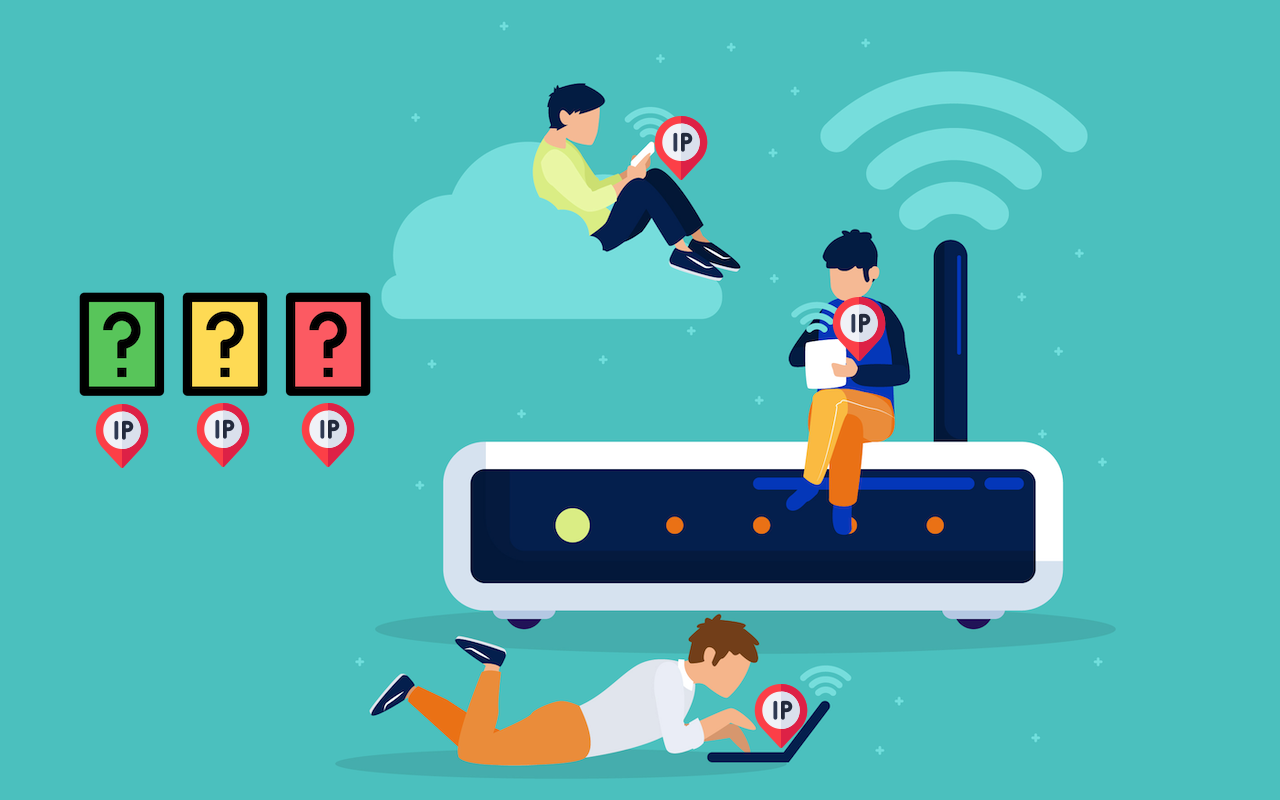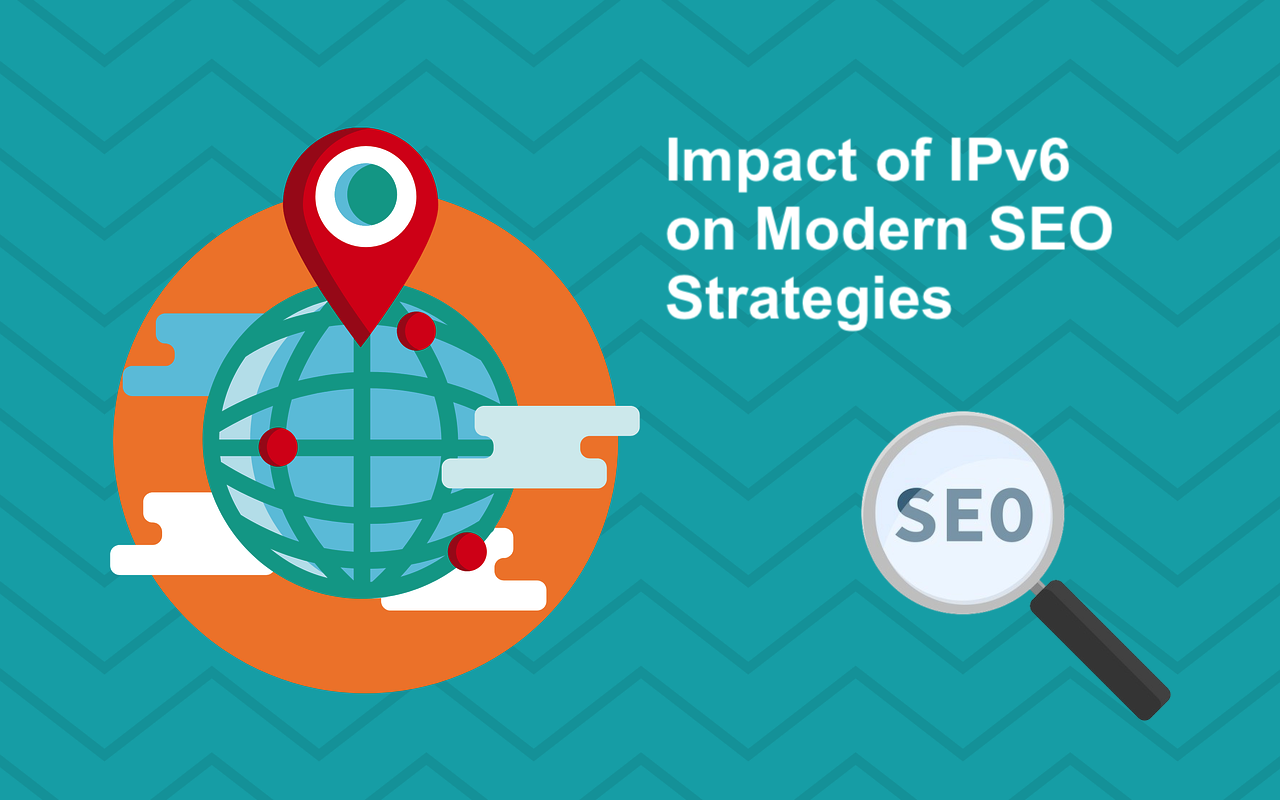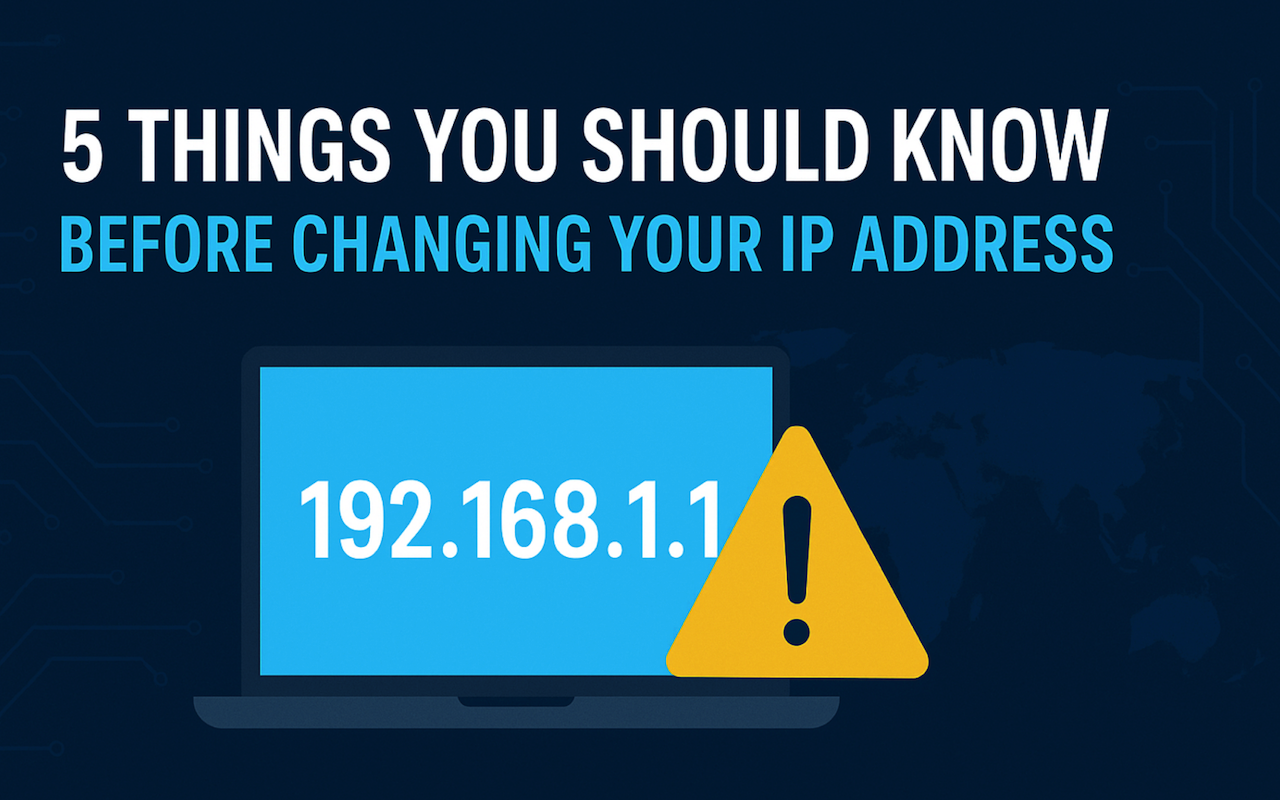
Ever wondered if changing your IP address will make you completely anonymous online? While it's true that switching your IP can give you a fresh digital identity, there's more to the story. Many people jump into IP-changing tools expecting total privacy or access to restricted content—but without understanding the full picture, they might expose themselves to risks or disappointments. Before you take any steps, it's important to know what changing your IP address can and can’t do. In this article, we’ll walk you through five key things you should understand so you can make smart, informed decisions—no tech skills required.


